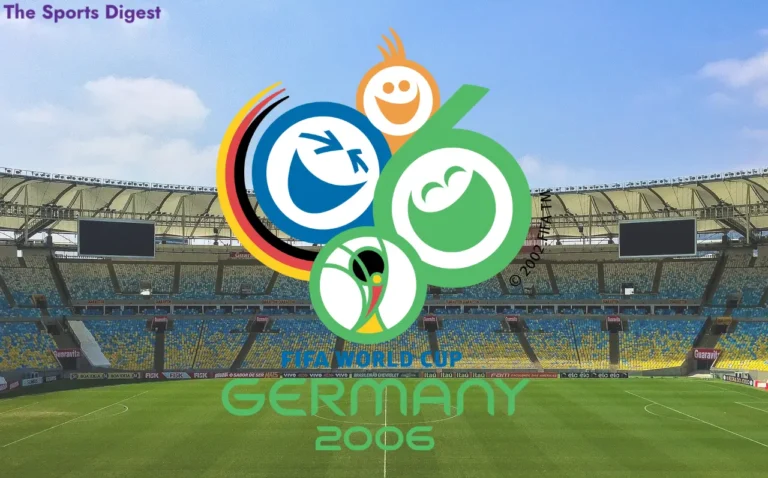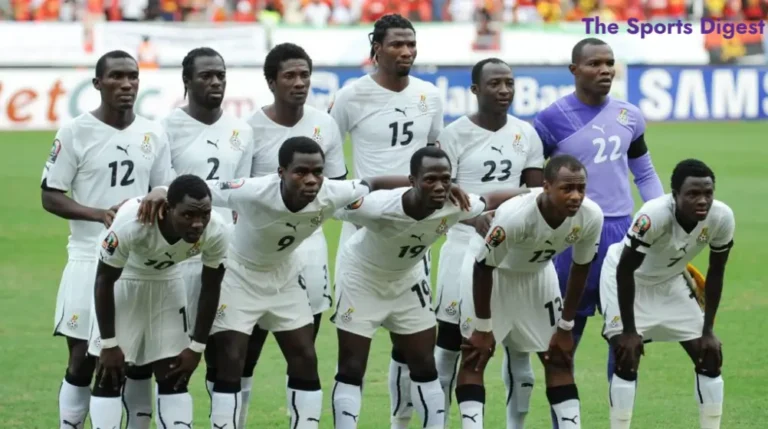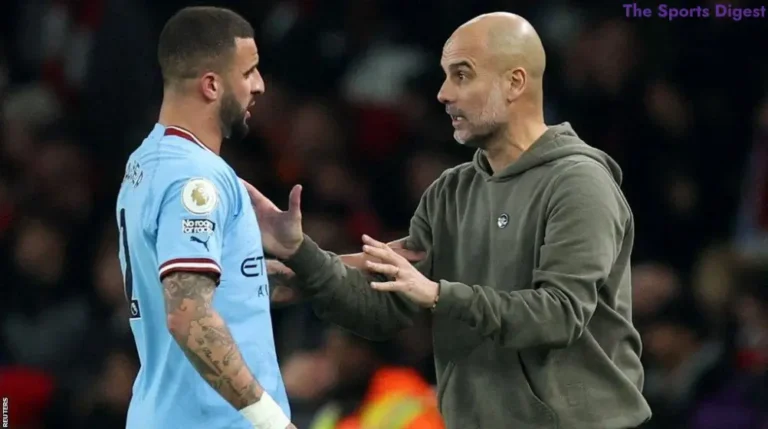Football’s Great Modern Comeback
In the beautiful game, few phrases are as enduring as “it’s not over till the final whistle.” This well-worn cliché persists precisely because it encapsulates one of football’s most captivating qualities: its inherent unpredictability. No matter how dire the circumstances, how insurmountable the deficit, or how dejected the supporters, the possibility of a dramatic reversal always lingers tantalizingly in the air.
For fans, this uncertainty creates a compelling obligation to remain present until the referee signals the end, lest they miss witnessing sporting history unfold before their eyes. One Arsenal team, on a rain-soaked October evening in 2012, would provide the perfect illustration of why abandoning hope prematurely can be football’s cardinal sin.
Table of Contents
Context: Setting the Stage for Disaster – Football’s
The League Cup quarter-final fixture against Reading wasn’t exactly circled on most Arsenal supporters’ calendars. Manager Arsène Wenger had publicly ranked the competition “fifth on the priority list” among Arsenal’s seasonal objectives, behind the Premier League, Champions League, FA Cup, and even the now-defunct UEFA Cup. This casual dismissal of the tournament’s importance seemed to permeate the mindset of his players as they took to the pitch at the Madejski Stadium.
What unfolded during the first half could only be described as an error-strewn performance of spectacular proportions. Arsenal appeared disinterested, disjointed, and defensively disastrous. Reading, meanwhile, seized their opportunity with remarkable efficiency. The Championship side played with passion and precision that belied their lower-league status, capitalizing ruthlessly on every Arsenal mistake.
Jason Roberts opened the scoring after just 12 minutes, Laurent Koscielny turned into his own net, Mikele Leigertwood added a third, and Noel Hunt’s header made it 4-0 before the break. The Arsenal fans who had made the journey were witnessing a humiliation, and the Gunners seemed destined for a dismal cup exit.
Football’s Spark of Hope: A Memorable Comeback
Football’s narrative arc often hinges on seemingly inconsequential moments. As half-time approached, Theo Walcott latched onto a through ball and calmly slotted past Reading goalkeeper Adam Federici in stoppage time. At 4-1, this goal appeared to be nothing more than a consolation—a footnote in what was shaping up to be a comprehensive defeat.
When Walcott added his second goal early in the second half, making it 4-2, there was a subtle shift in momentum. Yet with the clock ticking toward the 90-minute mark, Reading still held a comfortable two-goal cushion. The Royals had defended resolutely throughout the second period, and there was little indication of the extraordinary drama about to unfold.
Football’s Improbable Turnaround: A Historic Comeback
With just one minute of normal time remaining, Arsenal trailed 4-2. Had live betting odds been displayed at that moment, they would have told the statistical story of just how unlikely an Arsenal victory was. Teams leading by two goals in the 89th minute simply don’t lose—except on the rarest of occasions.
This would prove to be one such occasion. A Walcott corner found Laurent Koscielny unmarked in the box, and the French defender atoned for his earlier own goal by heading powerfully into the net. At 4-3, with the clock showing 90 minutes, Arsenal had given themselves the faintest glimmer of hope.
What followed was the stuff of footballing legend. In the fifth minute of injury time, with Arsenal throwing everyone forward including goalkeeper Damián Martínez, chaos ensued in the Reading penalty area. The ball eventually fell to Walcott, who fired home to complete his hat-trick and level the scores at 4-4. The Arsenal bench erupted in celebration, the away fans were delirious, and an astonished Reading side could scarcely believe what had transpired.
Football’s A Surreal Extra Time Period: A Comeback for the Ages
The transformation of Arsenal from the listless, error-prone side of the first half to the relentless attacking force of extra time was almost dreamlike in its completeness. The momentum had shifted entirely, and there was a palpable sense that Wenger’s men had been granted footballing immunity—that on this night, defeat was simply not an option.
Marouane Chamakh, a much-maligned figure during his Arsenal career, chose this extraordinary match to deliver his finest moment in an Arsenal shirt. Early in extra time, he gave the Gunners the lead for the first time, making it 5-4 and completing what had seemed an impossible comeback.
Yet this remarkable match had further twists in store. Reading’s Pavel Pogrebnyak rose highest to meet a cross and power home a header, bringing the scores level once more at 5-5. The Madejski Stadium was witnessing a contest that defied conventional footballing logic.
Arsenal, however, would have the final say. Theo Walcott, already having delivered a hat-trick, scored his fourth of the night to restore Arsenal’s lead at 6-5. And as if to put an exclamation point on one of the most extraordinary comebacks in English football history, Walcott added his fifth with a stylish lob over Federici in the dying moments, securing a scarcely believable 7-5 victory.
Aftermath and Reflection
Arsenal’s unexpected journey in the League Cup continued with a quarter-final against Bradford City, at the time the lowest-ranked team remaining in the competition. In a cruel twist of irony, the Gunners—despite being heavily favored—lost to Bradford on penalties. The League Two side would go on to reach the final, where they were eventually defeated by Swansea City.
For Reading, the collapse represented a bitter pill to swallow. For 89 minutes, they had been magnificent, outplaying a Premier League side with ambition, skill, and tactical discipline. Manager Brian McDermott’s post-match comments revealed the depth of their disappointment. When asked if he would watch the game again, he replied that he would likely “throw the DVD in the bin.”
Yet for neutral observers, this was undoubtedly one of the most memorable games in modern English football—a contest that exemplified why millions around the world remain so captivated by the sport. It served as a powerful reminder that in football, as in life, circumstances can change dramatically in the blink of an eye.
The 12-goal thriller at the Madejski Stadium will forever stand as testament to football’s capacity for drama, unpredictability, and the kind of narrative arc that no scriptwriter would dare invent for fear of stretching credibility beyond breaking point. It remains the perfect illustration of why, no matter how bleak the outlook, football fans should always remember: it truly isn’t over until the final whistle.
Have you ever read an article like this?
There are no reviews yet. Be the first one to write one.






